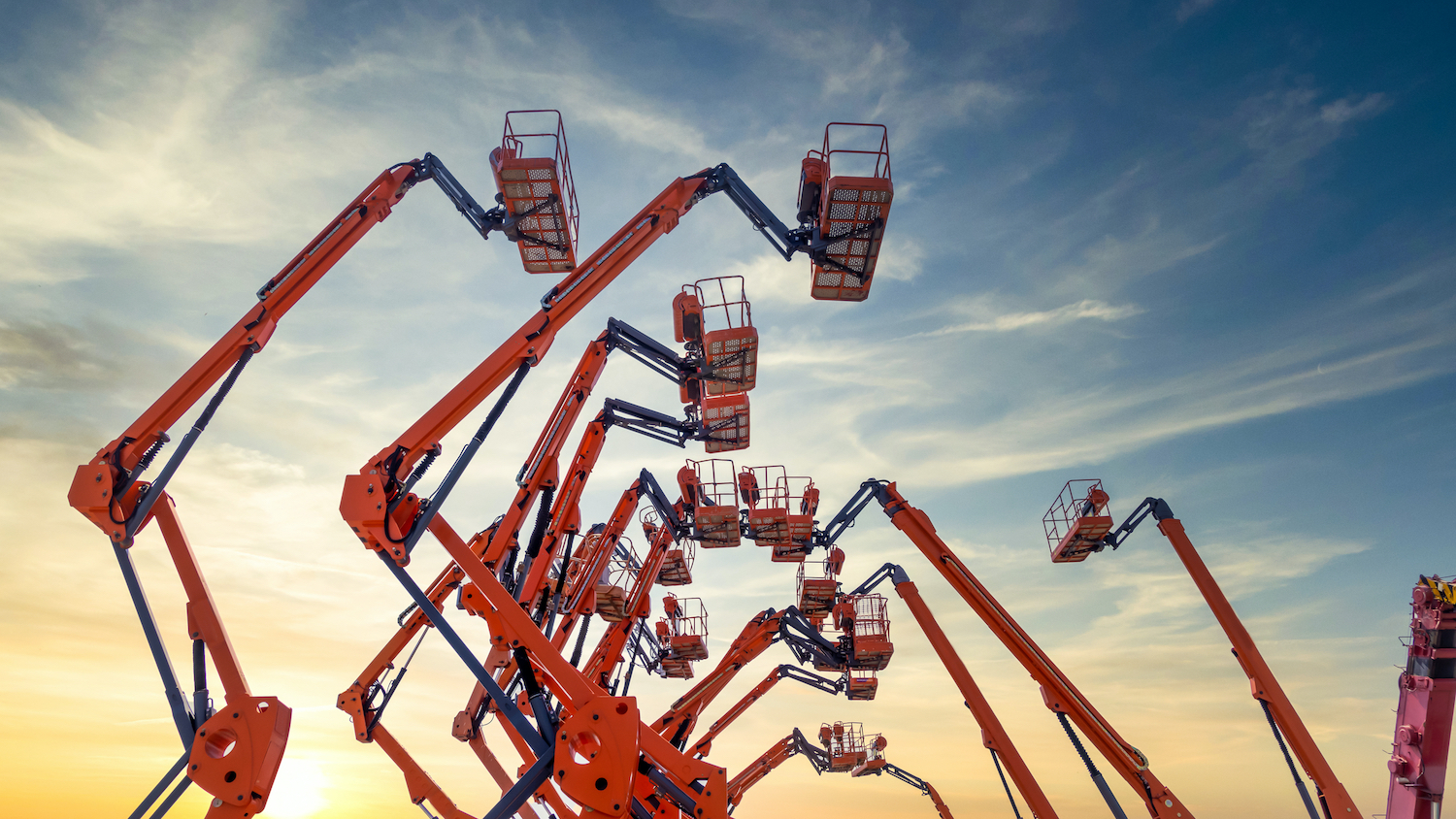
IPAF’s ‘Crushing Can Kill’ campaign aims to raise awareness and reduce crushing incidents involving MEWPs. Here, Powered Access looks at how the initiative is addressing safety issues and providing robust guidance for the international community
The safe management and operation of MEWPs is critical in helping to tackle the concerning number of crushing incidents that occur on site every year.
The IPAF Global Safety Campaign 2024, titled ‘Crushing Can Kill’, has been launched to address the growing number of entrapment and crushing incidents involving MEWPs.
Tragically, these incidents have led to numerous fatalities and injuries over the past decade.
Crushing hazards can include overhead structures, such as beams, low ceilings, doorways and other machines and equipment operating in the area.
Entrapment or crushing can occur when MEWPs are in both the elevated or stowed positions – if a platform occupant becomes trapped or crushed against an external structure, there is a risk of injury or death.
“The campaign aims to reduce these incidents by raising awareness, promoting proper training and encouraging adherence to safety protocols,” explains IPAF’s head of safety and technical, Brian Parker, who is leading the campaign alongside Alana Paterson, chair of the IPAF International Safety Committee.
The campaign aims to reduce these incidents by raising awareness, promoting proper training and encouraging adherence to safety protocols
“[The campaign] stresses the importance of risk assessments, correct machine selection, operator training and rescue planning.
“It also provides neutral guidance to standardise safety practices globally, helping to introduce new solutions for safer MEWPs.”
Working safely
The Crushing Can Kill campaign has been launched amid a backdrop of concerning data related to MEWPs incidents.
Over the past decade there have been 118 fatalities, 16 major injuries, and five minor injuries linked to entrapment incidents, according to IPAF’s 2024 Global Safety Report.
The most affected occupations include MEWP operators, delivery drivers and technicians. In addition, 68% of fatalities in the past three years involved 3a mobile vertical lifts, highlighting a shift in trends.
“The Global Safety Report underscores the importance of continuous data analysis and global safety campaigns to tackle emerging challenges in powered access machinery operations,” says Parker.
Proper planning and following safety protocols are vital to reducing falls and accidents involving MEWPs, Parker adds.
“Ensuring operators have received the correct training, selecting the right equipment for the job, and carrying out thorough risk assessments before starting work are essential steps to minimise risks,” he explains.
“Managers should monitor operator behaviour, avoid unsafe practices, and have clear rescue procedures in place. Regular maintenance also prevents mechanical failures, while careful site planning reduces the risk of collisions.
“Ultimately, well-planned and supervised operations significantly lower injury and fatality rates.”
Useful resources:
• Good practice guidance for reducing trapping/crushing injuries to people in MEWPs
• Safe use of MEWPs when using pedestrian controls
• F1: Familiarisation leaflet
• Safe loading and unloading of MEWPs on the public highway
• Toolbox Talk: Avoid overhead obstructions
• Toolbox Talk: MEWP rescue procedures
• Toolbox Talk: MEWP rescue plan
• Toolbox Talk: The pedestrian control of MEWPs
• Toolbox Talk: The risks of operating MEWPs from the ground controls
• Andy Access: Danger keep well clear
• Andy Access: Operating MEWPs from the ground controls
• Andy Access: Overhead obstructions
• Andy Access: Platform occupants
• Andy Access: Caution when loading and unloading
• Andy Access Short: Overhead obstructions
Legislation neutral
To help mitigate safety risks, the Crushes Can Kill campaign highlights the common causes of entrapment incidents, including poor planning, inadequate training, complacency, and equipment malfunctions.
As part of the campaign, IPAF has developed legislation-neutral guidance documents targeted at the global community of planners, employers, managers, supervisors, operators, rescuers, and training bodies.
“Our legislation-neutral guidance is designed to go beyond local legal requirements, offering universal best practices that can be applied across different regions,” explains Parker.
“These resources enable operators, supervisors, and planners worldwide to adopt consistent safety measures, regardless of jurisdiction.
“By providing legislation-neutral safety guidance, we aim to improve safety outcomes in all countries, supporting the international community with the tools and knowledge needed to prevent and reduce the occurrence of fatalities and major injuries when using powered access equipment.”
IPAF guidance outlines the steps that should be taken before and during any activity involving MEWPs. At the planning stage, hazards should be identified before a risk assessment and safe system of work (SSoW) is produced.
The SSoW should be shared with all those involved with the MEWPs activity – operators, platform occupants, ground staff and other personnel. Everyone should be trained and familiarised with the MEWP being used.
In addition, a rescue plan should be shared so everyone knows what to do if a crushing or entrapment occurs, including how to safely lower the platform.
IPAF has released a new Toolbox Talk, which focuses on the risks associated with operating MEWPs from ground controls with a person in the MEWP platform, as well as new guidance on the safe use of pedestrian controls
During the operating stage, the MEWP activity should be supervised to ensure it is conducted safely. If the nominated rescue person or any other personnel identifies a risk of crushing or entrapment, the activity should be stopped immediately and the MEWP platform safely lowered.
Operators are also urged to avoid relying on secondary guarding, if fitted, and all platform occupants should remain vigilant and aware of their surroundings.
In addition to resources aimed at standardising safety practices worldwide and supporting ongoing development of a new ISO standard for MEWP safety systems, IPAF has also released a new Toolbox Talk.
This resource focuses on the risks associated with operating MEWPs from ground controls with a person in the MEWP platform, as well as new guidance on the safe use of pedestrian controls.
An Andy Access poster titled ‘Danger Keep Well Clear!’ has also been created to support the Toolbox Talk.
Comments
Comments are closed.


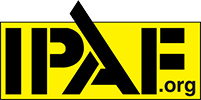



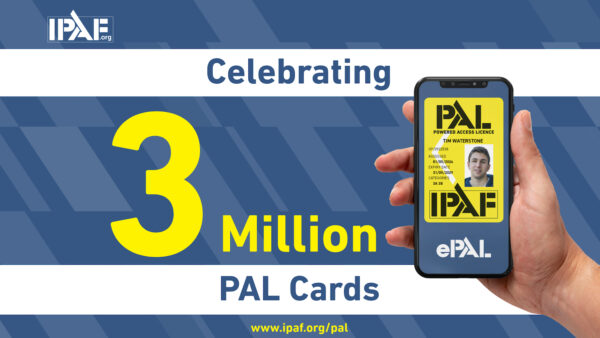
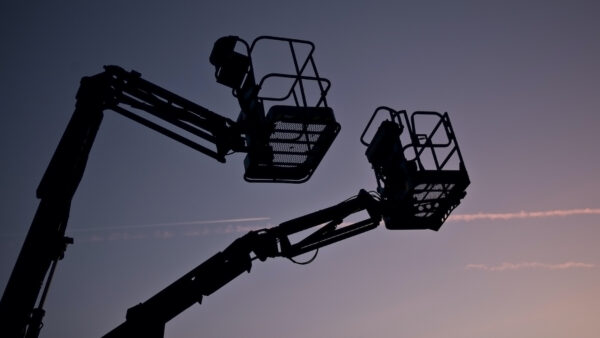
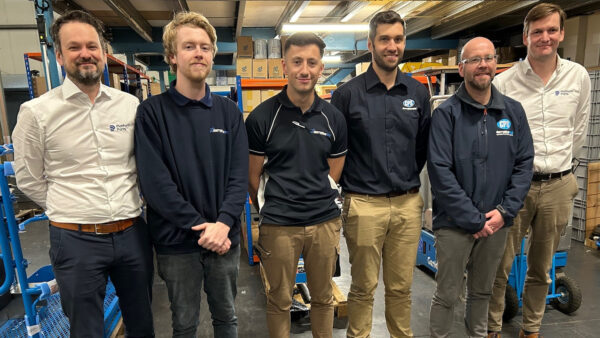
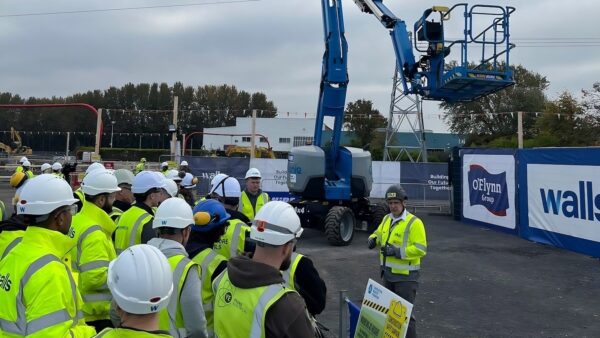
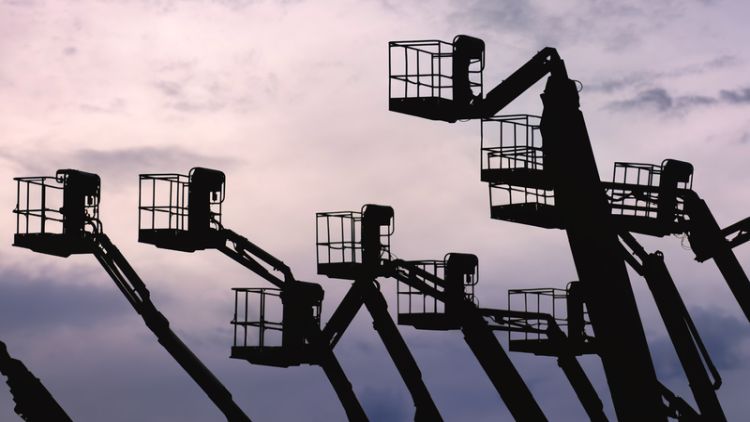
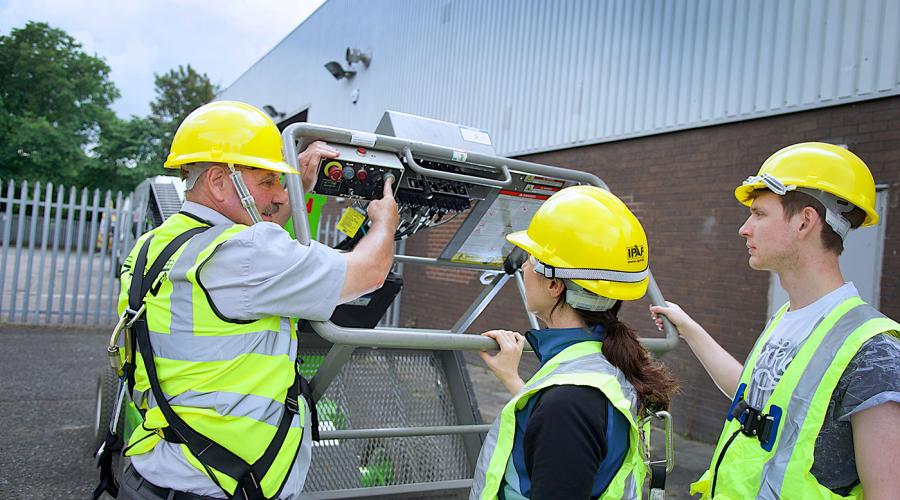
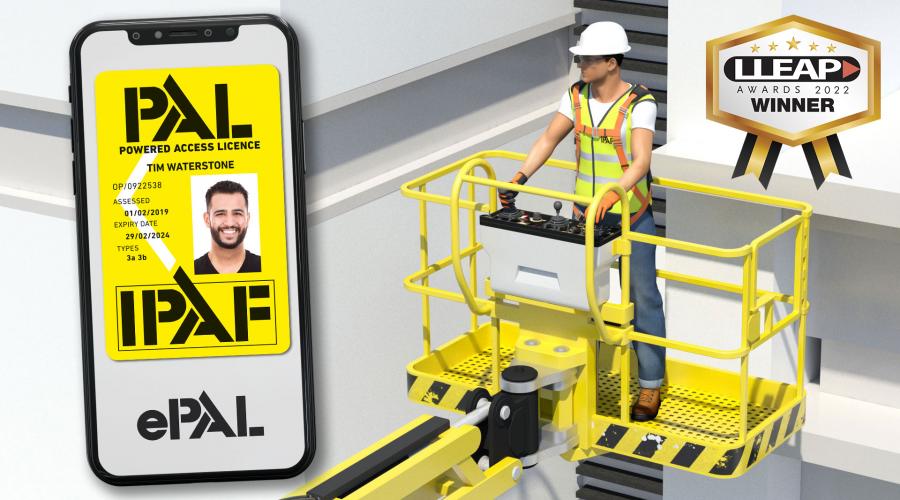
If an operator of a MEWP is IPAF trained they will have knowledge of crushing injuries. Know the machine and use continual observation.